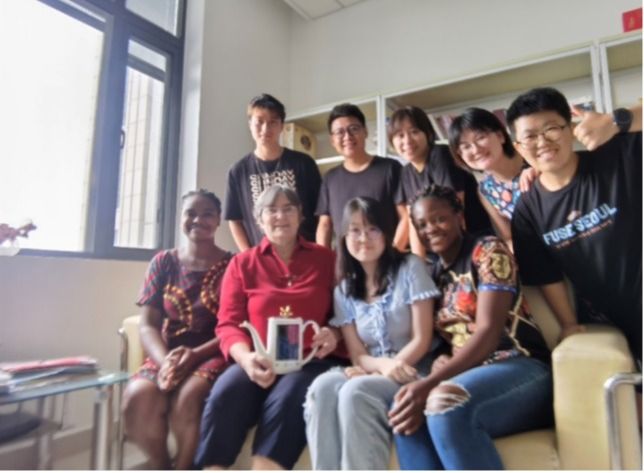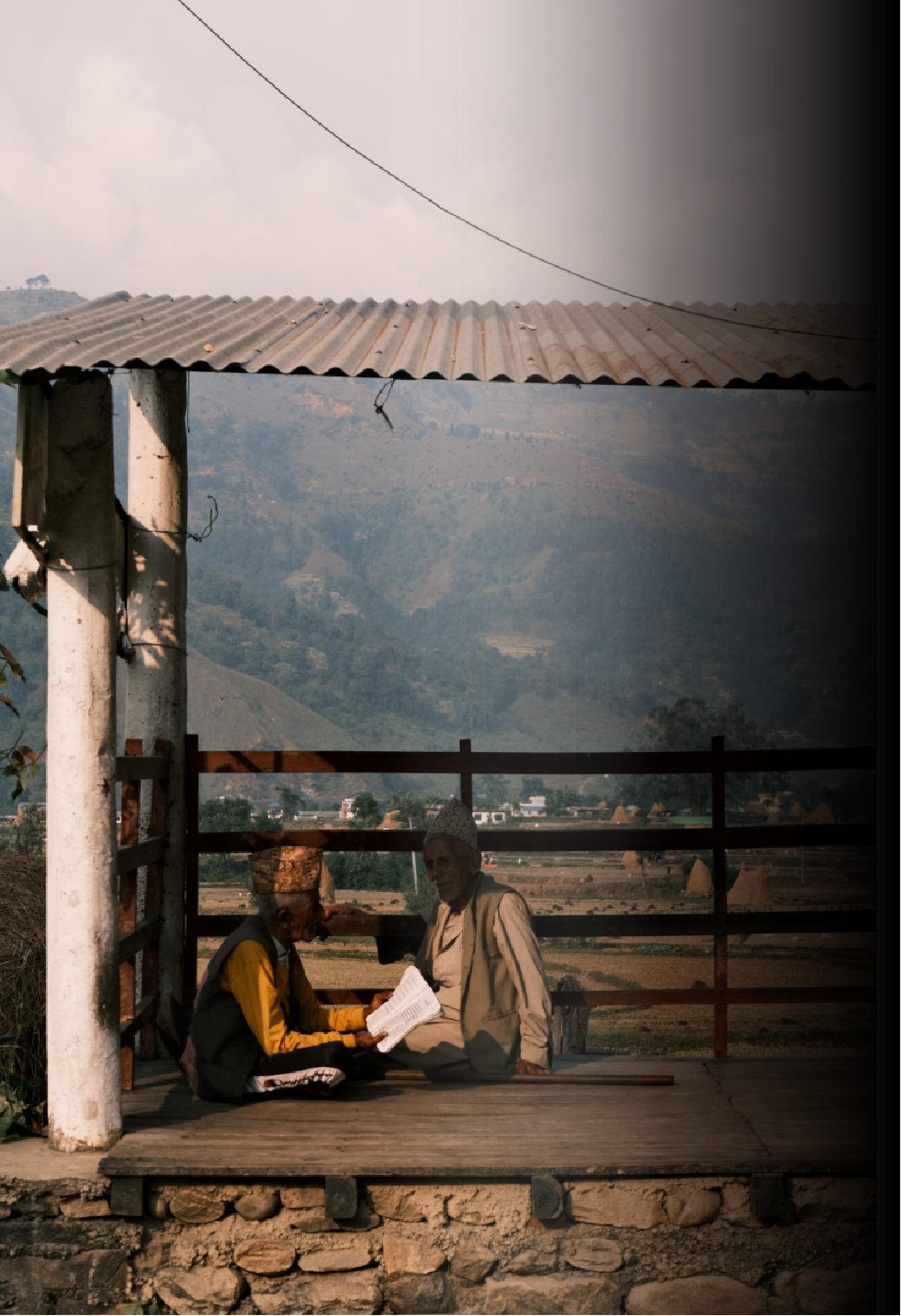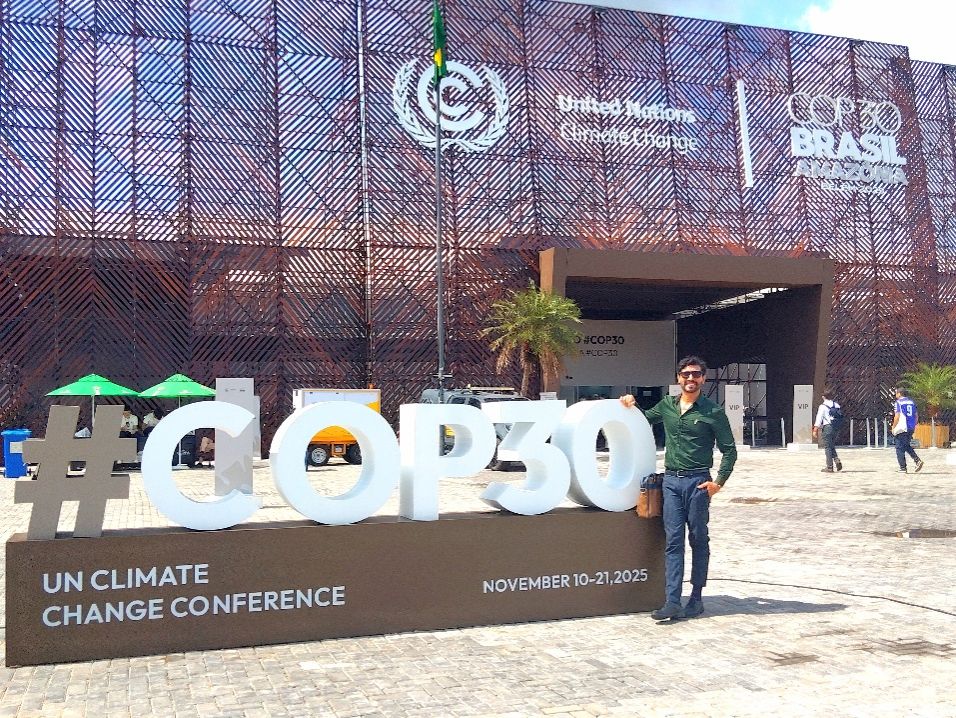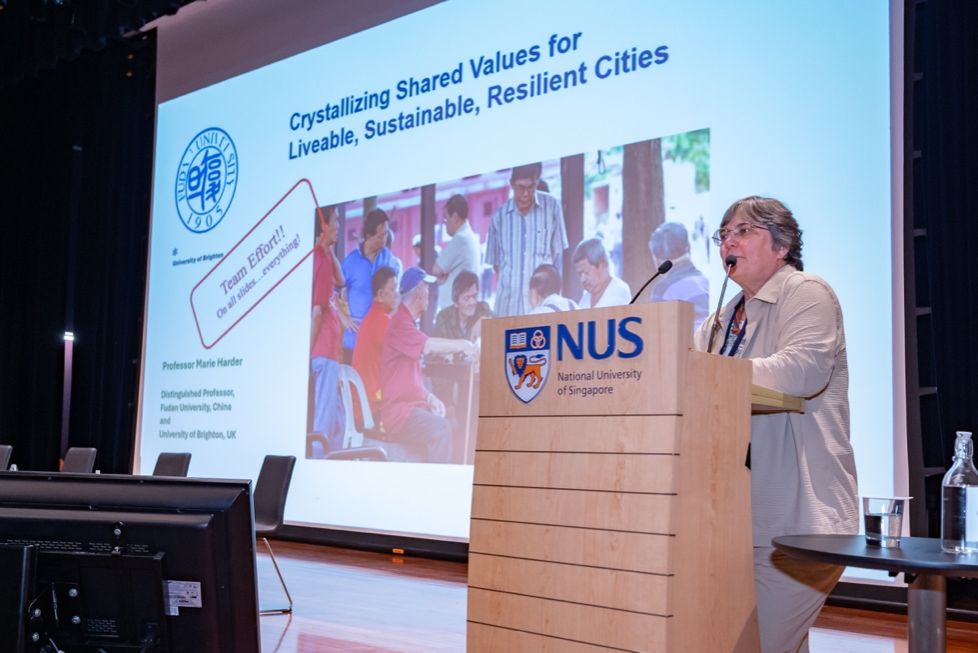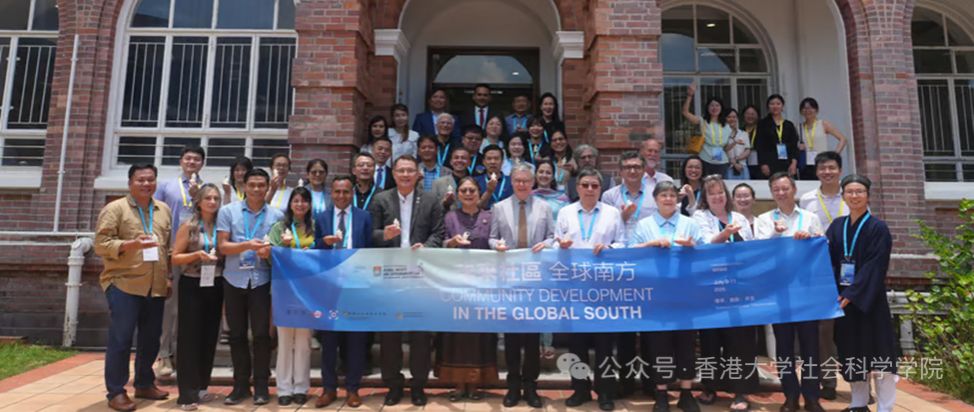
WeValue
合观
…is an novel rapid-ethnographic approach for groups to elicit, clarify and crystallize their in-situ shared values into concise frameworks reflecting their values-in-action. It is delivered in a specialised workshop format containing complex key elements, by certified facilitators.
This opens up many highly-prized opportunities, because capturing local, in-situ shared values and voices means policies can be designed more appropriately – e.g. for health, sustainable development, business, behaviour change.
Self-awareness in the group can jump, often triggering new motivation.
The approach allows groups to specify how external evaluations or interventions can prioritise the things that matter to them. It improves engagement, take-up, and effectiveness.
Many projects built on WeValue have been completed worldwide, across many disciplines and topics.
Tens of papers are published, and several underpinning mechanisms and links to theories are now established.
Navigating Relevance
Capturing in-situ shared values with WeValue opens pathways to contributions in many areas.
Explore where and how capturing insitu shared values
contributes to existing challenges in different subject areas.
1 ,2 ,3 etc. refer to Publications on our list.
P#1, P#2, P#3 etc. refer to our Projects.
The central development of the complex WeValue processes
required separately-focused studies, linking to mainstream theories.
The table below allows cross-referral and links to other pages.
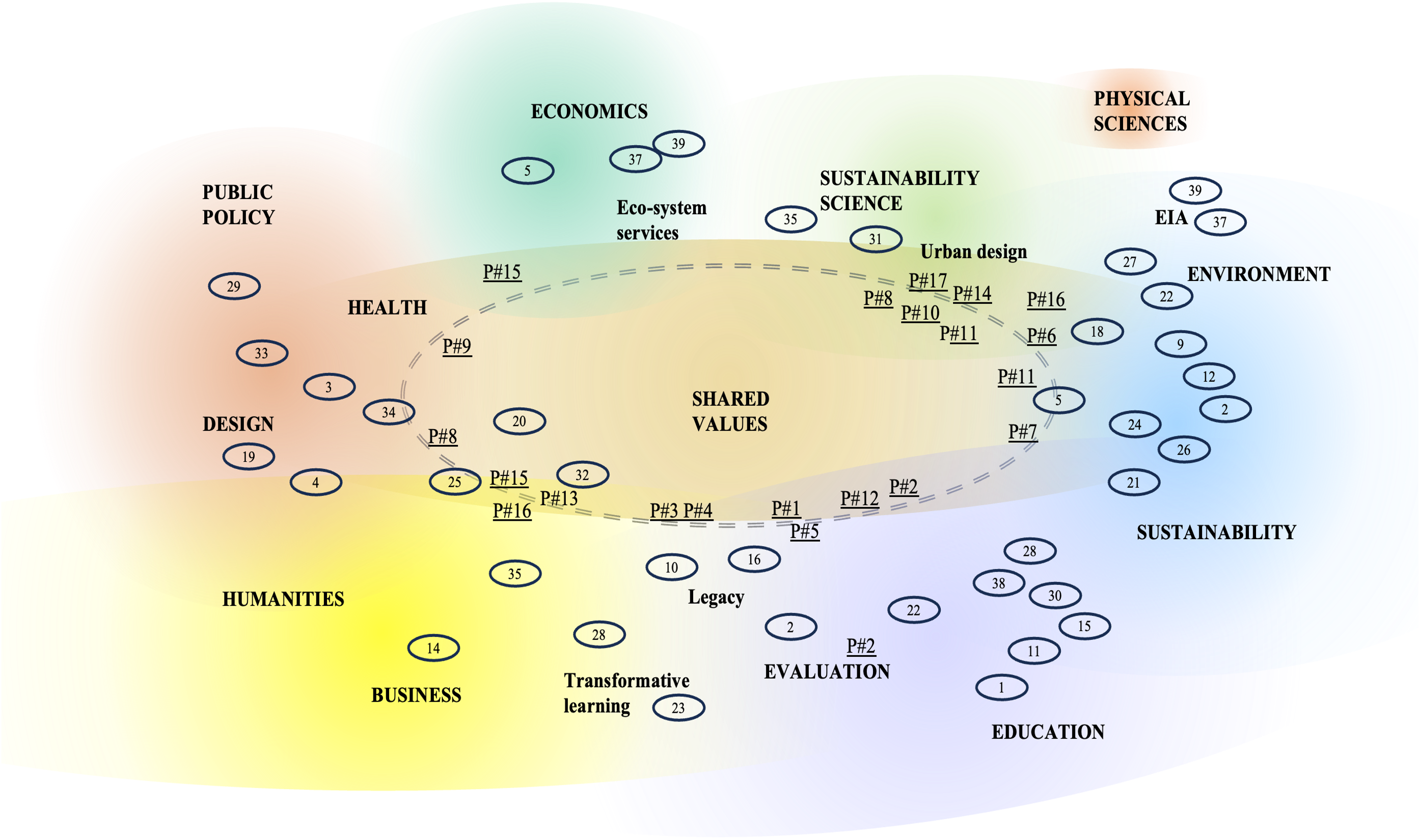
| REF | START | PROJECTS | TOPIC | #USES | COUNTRY | *FUNDERS |
| P#1 | 2009 | ESDinds | CO-CREATION OF INDICATORS; EVALUATION | I,EV,(SA,T) | UK, GERMANY, MEXICO | EU-FP7 (RES:ENV:CSO) |
| P#2 | 2012 | PERL2 | RESPONSIBLE LIVING, VALUES-ACTION GAP | SA,T | EU VARIOUS | ERASMUS |
| P#3 | 2014 | SfV Legacies | LEGACIES (community) | L, | UK | UK: AHRC |
| P#4 | 2016 | Bhutan Legacies | LEGACIES (Happy Villages) | L, | THAILAND, (BHUTAN) | UK: AHRC |
| P#5 | 2016 | Tangible Values | CIVIL SOCIETY M&E INDICATORS | V-ID,I,EV,M&E,SA,SITE | HONG KONG | HKU, FU*, UoB* |
| P#6 | 2017 | Nigerian Lake | SUSTAINABLE LAND REMEDIATION | I,EV,DST | NIGERIA | FU*, UoB* |
| P#7 | 2018 | Botswana CC plans | CLIMATE CHANGE LAPs | I, SA, (T) | BOTSWANA | FU*, UoB* |
| P#8 | 2018 | Rating Place | URBAN DESIGN | I,(DST),UD, | AUSTRALIA | MelbourneTBC |
| P#9 | 2019 | GCRF Stunting | CULTURAL FACTORS | V-ID, CT, DST | INDIA, SENEGAL,INDON | UK: MRC (GCRF) |
| P#10 | 2019 | Shanghai Village | COLLECTIVE ACTION, VALUES ALIGNMENT | V-ID, | CHINA | FU*, UoB* |
| P#11 | 2020 | Links to Nature | VALUING NATURE, ESS | V-ID, | NIGERIA, CHINA, UK | FU*, UoB* |
| P#12 | 2020 | Nudging | NUDGING TOWARDS ENVIRONMENT | ENV EDN, T | CHINA | FU*, UoB* |
| P#13 | 2021 | Transformative Leadership | BUSINESS ENVIRONMENTAL LEADERSHIP | L,T | CHINA | FU*, UoB* |
| P#14 | 2021 | RECREATE | LIVEABILITY; PROFILING CITIES | V-ID,CP,DST | CHINA, AUSTRIA | JPI-NSFC tbc |
| P#15 | 2021 | Cross-cultural Bridging | CROSS-CULTURE BRIDGING (SCHOOL/ ORG) | V-ID,CP,SA,(T) | CHINA | FU*, UoB* |
| P#16 | 2022 | iPACT | INFRASTRUCTURE NEEDS | V-ID,CP,DST | UK | UK: EPSRC, FU*, UoB* |
| P#17 | 2023 | ESG PROFILES | EXPLORING ESG APPLICATIONS | V-ID,CP,DST | NEPAL | HKU, FU*, UoB* |
| P#18 | 2025 | NUS Cities HEAT | URBAN HEAT | V-ID,PM,CT,CP | SINGAPORE | NUS Cities, FU* |
| #See USES tab | *FU=Fudan University | |||||
| *UoB=University of Brighton |
-
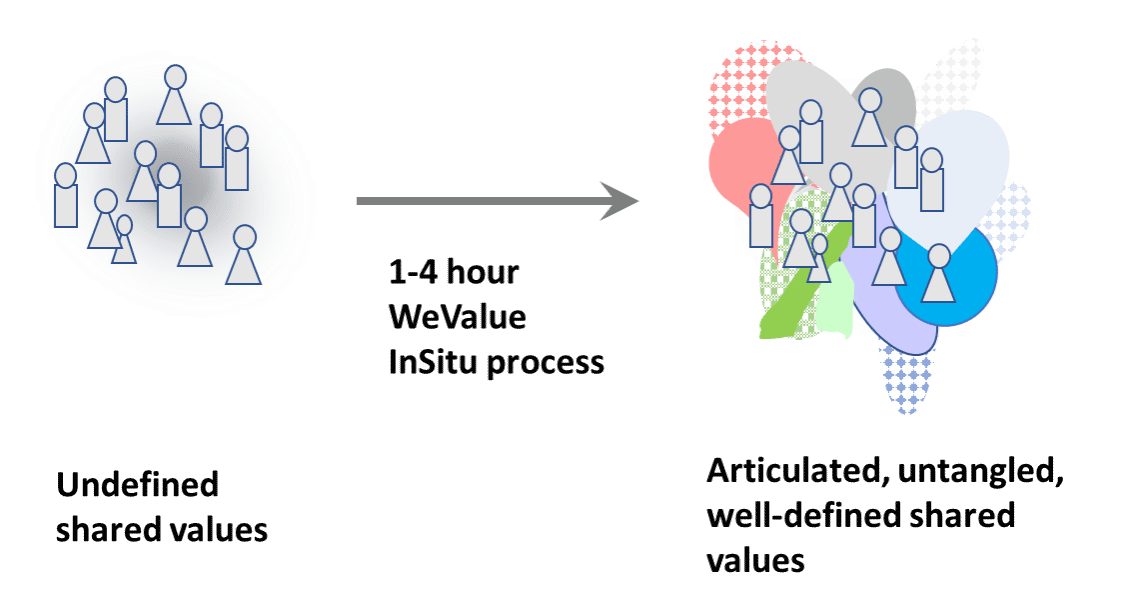 Mechanisms & Processes of Shared Values CrystallizationWe have studied the underlying mechanisms and processes of the WeValue InSitu shared values crystallization at different levels. The Core Concept is that ‘communities of practice’, i.e. groups of people with a ‘practice’ in common - have shared values embodied in the actions they do together. Much is usually tacit, but members can collectively explore, and intersubjectively clarify. With skill ...
Mechanisms & Processes of Shared Values CrystallizationWe have studied the underlying mechanisms and processes of the WeValue InSitu shared values crystallization at different levels. The Core Concept is that ‘communities of practice’, i.e. groups of people with a ‘practice’ in common - have shared values embodied in the actions they do together. Much is usually tacit, but members can collectively explore, and intersubjectively clarify. With skill ... -
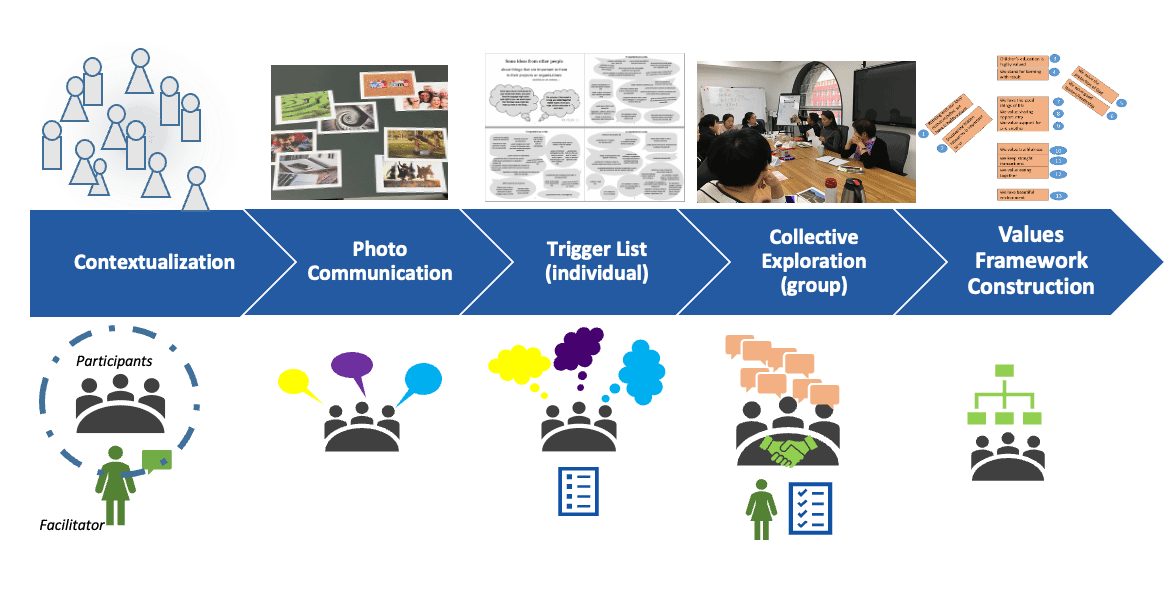 Workshop ActivitiesThe WeValue workshop ‘appears’ as linked activities. (In reality, they provide scaffolding for the other layers of mechanisms). First, the group are settled on their self-identification. Secondly, they communicate deeply tacit snippets of what they value about the group, using photos to aid communication. Thirdly, they find resonating phrases from a WeValue Trigger list (pre-prepared for each subculture). Fourthly, they are guided to intersubjectively discuss tacit-based topics of resonance, and iteratively make meaning of each one until an explicit statement can be made. Lastly, they organise the statements to show how they link, and narrate an overall introduction to their new, bespoke Framework.
Workshop ActivitiesThe WeValue workshop ‘appears’ as linked activities. (In reality, they provide scaffolding for the other layers of mechanisms). First, the group are settled on their self-identification. Secondly, they communicate deeply tacit snippets of what they value about the group, using photos to aid communication. Thirdly, they find resonating phrases from a WeValue Trigger list (pre-prepared for each subculture). Fourthly, they are guided to intersubjectively discuss tacit-based topics of resonance, and iteratively make meaning of each one until an explicit statement can be made. Lastly, they organise the statements to show how they link, and narrate an overall introduction to their new, bespoke Framework. -
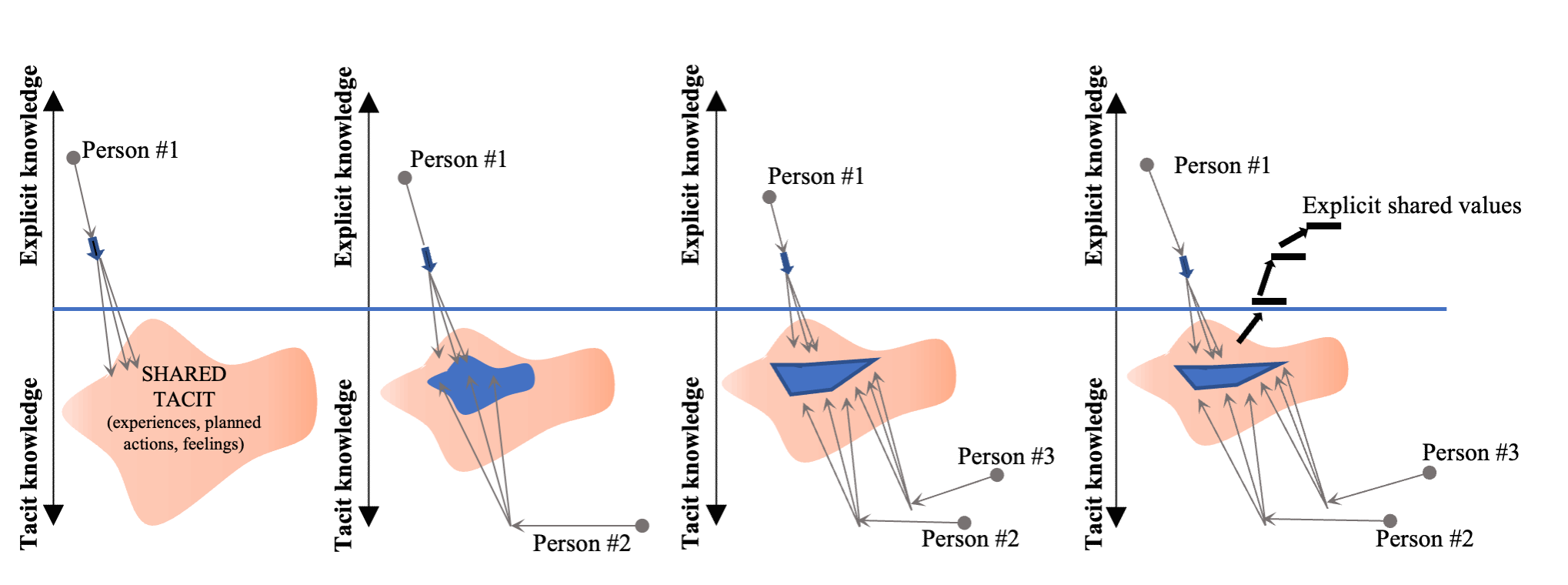 Facilitating meaning-making in shared tacit spaceFacilitation mechanisms are needed to bring participants into their ‘shared tacit space’, and to make meaning in productive ways. These include encouragement of examples of ‘happenings’; intersubjective explorations of why some examples have ‘importance’; guiding the disentangling of group concepts; reflecting back ideas to produce refinement; and never introducing content but only pathways. As articulation develops, facilitators encourage reflection of phrasing and vocabulary until the group settles on their own bespoke statement for each of their concepts. (Papers # 5,7)
Facilitating meaning-making in shared tacit spaceFacilitation mechanisms are needed to bring participants into their ‘shared tacit space’, and to make meaning in productive ways. These include encouragement of examples of ‘happenings’; intersubjective explorations of why some examples have ‘importance’; guiding the disentangling of group concepts; reflecting back ideas to produce refinement; and never introducing content but only pathways. As articulation develops, facilitators encourage reflection of phrasing and vocabulary until the group settles on their own bespoke statement for each of their concepts. (Papers # 5,7) -
 Tacit - to - Explicit Knowledge ConversionWeValue processes can be viewed in terms of concepts from Polanyi’s Personal Knowledge Theory. This includes micro-processes for internalizing a piece of knowledge; it; comparing to internal knowledge; incorporating or adding it; groping for vocabulary to express it; refining the meaning/ vocabulary, etc.(Papers # 5,7)
Tacit - to - Explicit Knowledge ConversionWeValue processes can be viewed in terms of concepts from Polanyi’s Personal Knowledge Theory. This includes micro-processes for internalizing a piece of knowledge; it; comparing to internal knowledge; incorporating or adding it; groping for vocabulary to express it; refining the meaning/ vocabulary, etc.(Papers # 5,7)
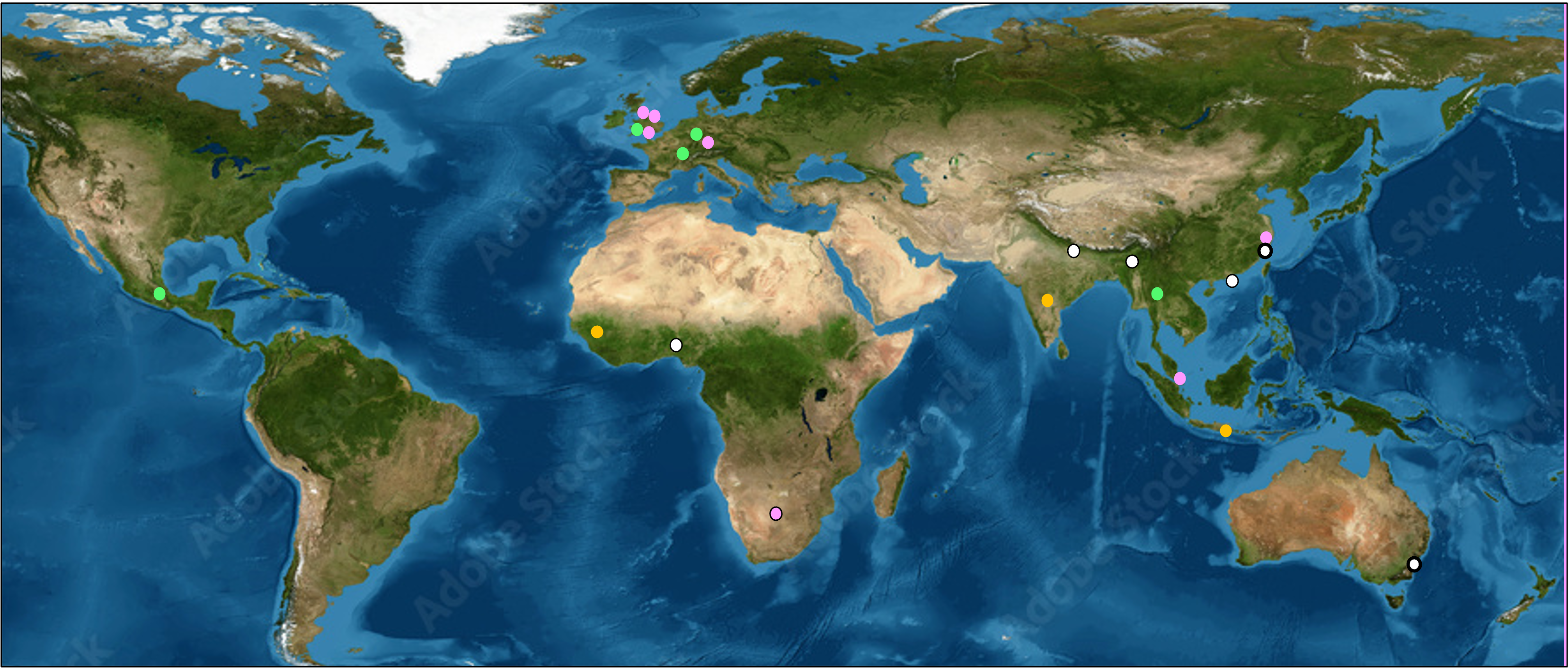
| REF | START | PROJECTS - SHORT NAME | COUNTRY | TOPIC | FUNDERS |
| P#1 | 2009 | ESDinds | UK, GERMANY, MEXICO | CO-CREATION OF INDICATORS; EVALUATION | EU-FP7 (RES:ENV:CSO) |
| P#2 | 2012 | PERL2 | EU VARIOUS | RESPONSIBLE LIVING, VALUES-ACTION GAP | ERASMUS |
| P#3 | 2014 | SfV Legacies | UK | LEGACIES (community) | UK: AHRC |
| P#4 | 2016 | Bhutan Legacies | THAILAND, (BHUTAN) | LEGACIES (Happy Villages) | UK: AHRC |
| P#5 | 2016 | Tangible Values | HONG KONG | CIVIL SOCIETY M&E INDICATORS | HKU, FU*, UoB* |
| P#6 | 2017 | Nigerian Lake | NIGERIA | SUSTAINABLE LAND REMEDIATION | FU*, UoB* |
| P#7 | 2018 | Botswana CC plans | BOTSWANA | CLIMATE CHANGE LAPs | FU*, UoB* |
| P#8 | 2018 | Rating Place | AUSTRALIA | URBAN DESIGN | MelbourneTBC |
| P#9 | 2019 | GCRF Stunting | INDONESIA, INDIA, SENEGAL | CULTURAL FACTORS | UK: MRC (GCRF) |
| P#10 | 2019 | Shanghai Village | CHINA | COLLECTIVE ACTION, VALUES ALIGNMENT | FU*, UoB* |
| P#11 | 2020 | Links to Nature | NIGERIA, CHINA, UK | VALUING NATURE, ESS | FU*, UoB* |
| P#12 | 2020 | Nudging | CHINA | NUDGING TOWARDS ENVIRONMENT | FU*, UoB* |
| P#13 | 2021 | Transformative Leadership | CHINA | BUSINESS ENVIRONMENTAL LEADERSHIP | FU*, UoB* |
| P#14 | 2021 | RECREATE | CHINA, AUSTRIA | LIVEABILITY; PROFILING CITIES | JPI-NSFC tbc |
| P#15 | 2021 | Cross-cultural Bridging | CHINA | CROSS-CULTURE BRIDGING (SCHOOL/ ORG) | FU*, UoB* |
| P#16 | 2022 | iPACT | UK | INFRASTRUCTURE NEEDS | UK: EPSRC, FU*, UoB* |
| P#17 | 2023 | ESG PROFILES | NEPAL | EXPLORING ESG APPLICATIONS | HKU, FU*, UoB* |
| P#18 | 2025 | NUS Cities HEAT | SINGAPORE | URBAN HEAT | NUS Cities, FU* |
| *FU=Fudan University | |||||
| *UoB=University of Brighton |
-
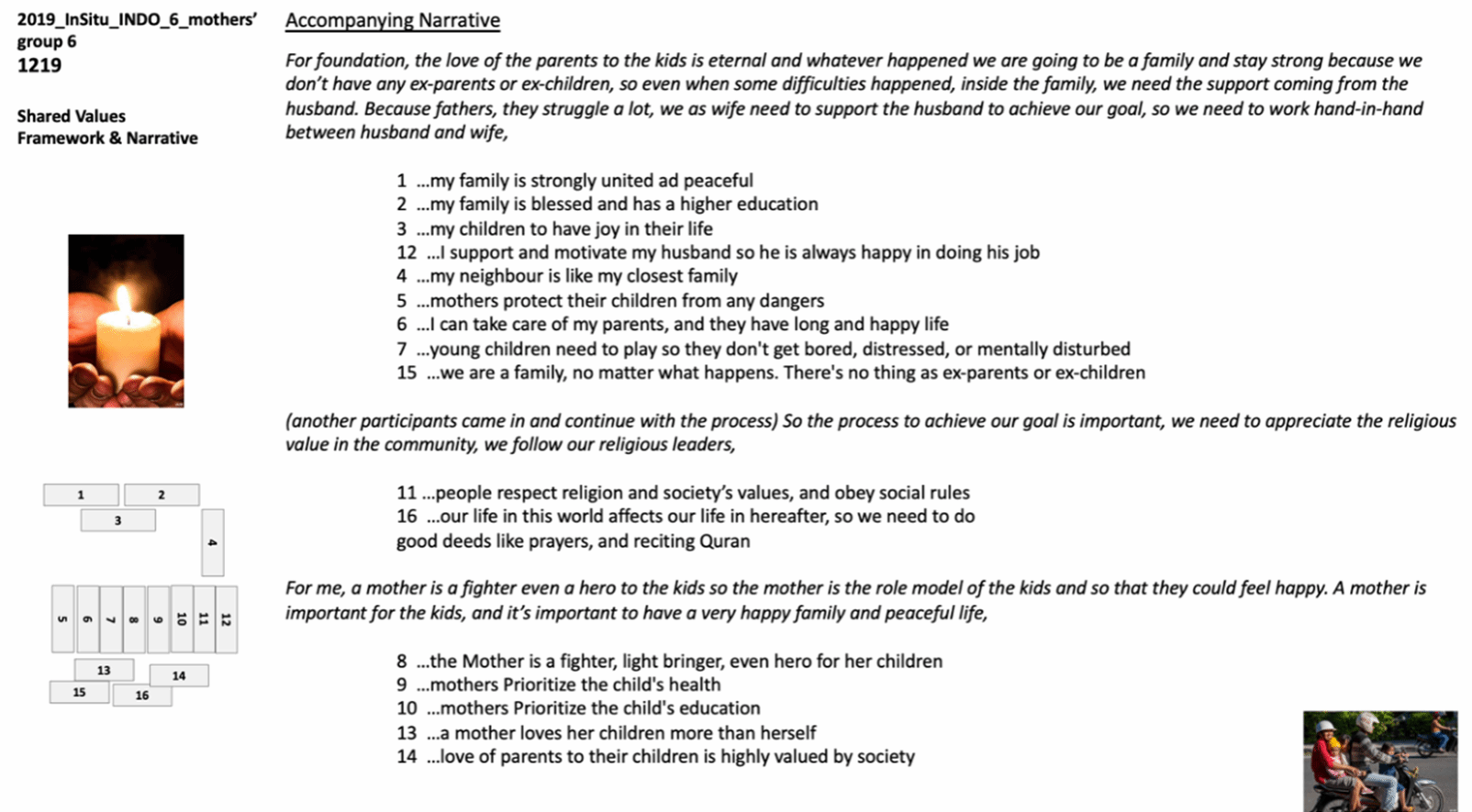 Self-Portraits of local groupsAfter ‘crystallizing’ what is important to them, groups set out a Framework of how these are linked to each other, in a Framework of their Statements of shared values. They also speak out a Narrative to introduce it to similar groups in other countries. In total, this information provides a self-portrait of the group, in their own terms and frame, introduced by themselves. It is a communication bridging local groups to outsiders, through realtiavely explicit language. Papers # 5,7)
Self-Portraits of local groupsAfter ‘crystallizing’ what is important to them, groups set out a Framework of how these are linked to each other, in a Framework of their Statements of shared values. They also speak out a Narrative to introduce it to similar groups in other countries. In total, this information provides a self-portrait of the group, in their own terms and frame, introduced by themselves. It is a communication bridging local groups to outsiders, through realtiavely explicit language. Papers # 5,7) -
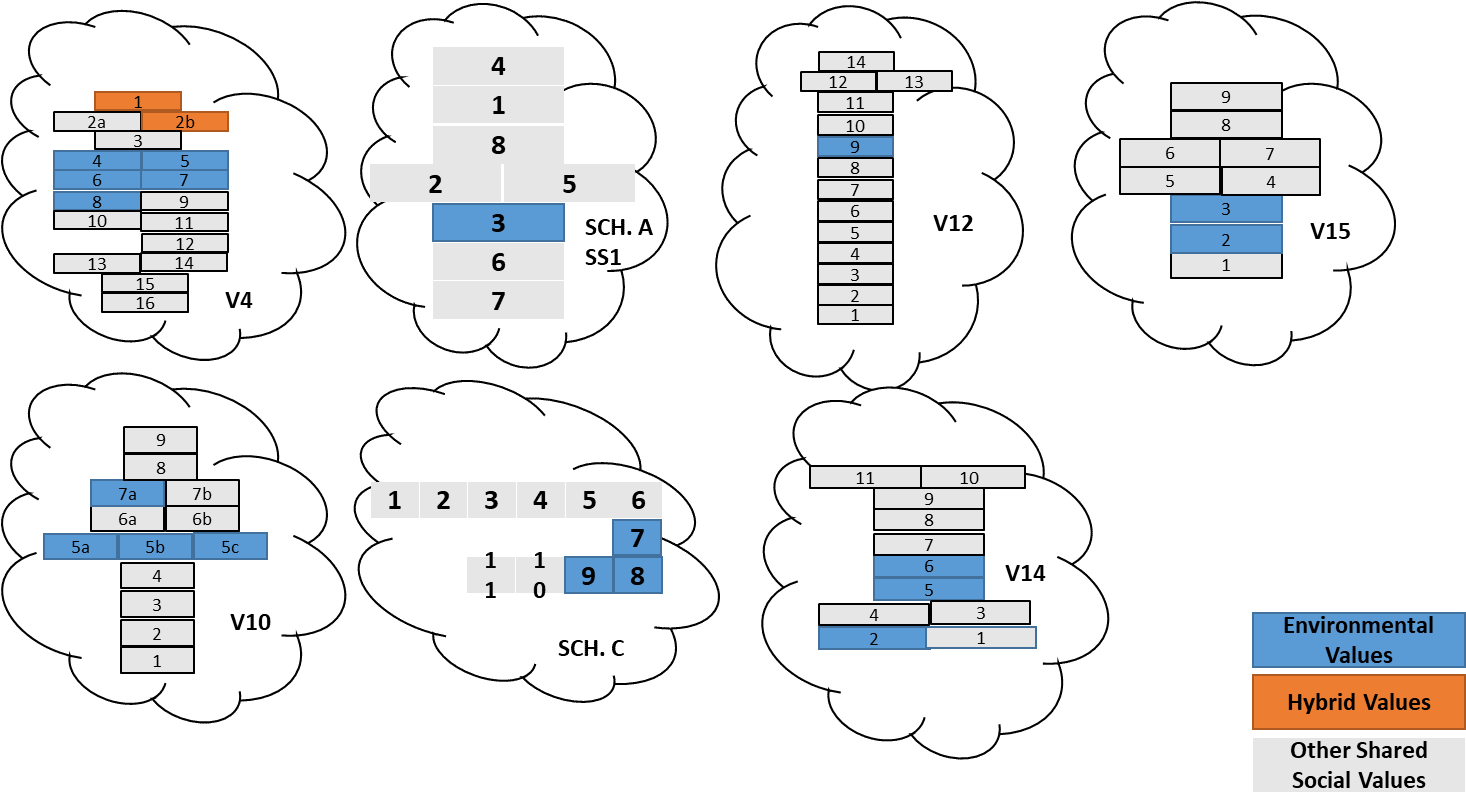 Comparisons of sets of group shared valuesFrom several sets of group shared values, those for a city or settlement can be constructed. These can represent the ‘socially desirable state’, which is otherwise an elusive and intangible concept.This concept is very useful for planning policies, architectures, cities.It can also define equilibrium target states for resilience.(Papers # 5,7)
Comparisons of sets of group shared valuesFrom several sets of group shared values, those for a city or settlement can be constructed. These can represent the ‘socially desirable state’, which is otherwise an elusive and intangible concept.This concept is very useful for planning policies, architectures, cities.It can also define equilibrium target states for resilience.(Papers # 5,7) -
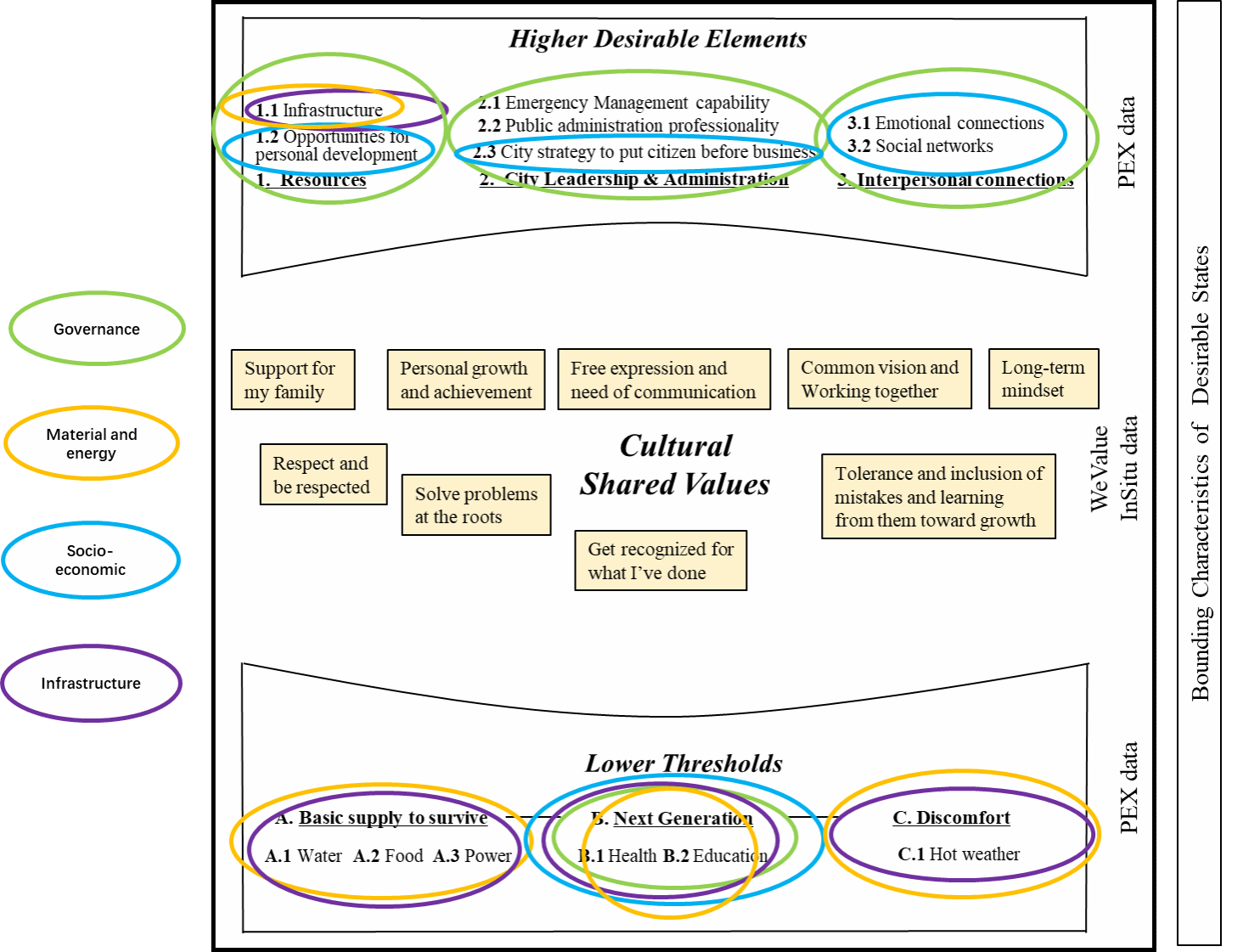 Desirable States for CitiesFrom several sets of group shared values, those for a city or settlement can be constructed. These can represent the ‘socially desirable state’, which is otherwise an elusive and intangible concept.This concept is very useful for planning policies, architectures, cities.It can also define equilibrium target states for resilience.(Papers # 5,7)
Desirable States for CitiesFrom several sets of group shared values, those for a city or settlement can be constructed. These can represent the ‘socially desirable state’, which is otherwise an elusive and intangible concept.This concept is very useful for planning policies, architectures, cities.It can also define equilibrium target states for resilience.(Papers # 5,7) -
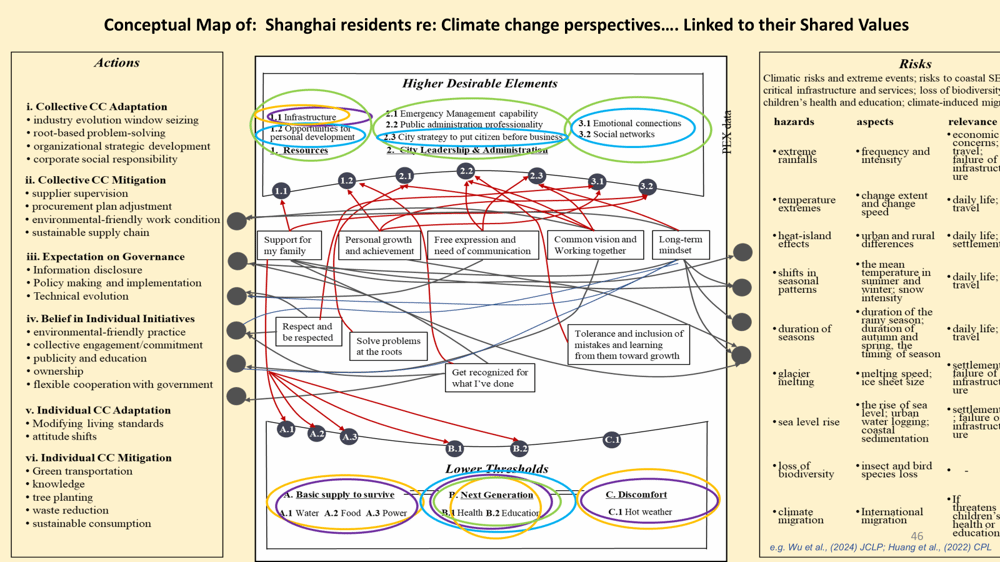 Conceptual Mapping: perceptions to shared valuesAn extension to WeValue is to engage the group in a focus group discussion of a research topic immediately afterwards – e.g. on climate change perceptions. Firstly, it is found that the group appears able to easily articulate themselves – including on topics far from their earlier discussions – so that in 10-20 minutes they provide deep, grounded and clear responses. Secondly, linkages to their shared values are easily seen. These are valuable for e.g. modelling sources of perceptions, and change pathways. Papers # 5,7)
Conceptual Mapping: perceptions to shared valuesAn extension to WeValue is to engage the group in a focus group discussion of a research topic immediately afterwards – e.g. on climate change perceptions. Firstly, it is found that the group appears able to easily articulate themselves – including on topics far from their earlier discussions – so that in 10-20 minutes they provide deep, grounded and clear responses. Secondly, linkages to their shared values are easily seen. These are valuable for e.g. modelling sources of perceptions, and change pathways. Papers # 5,7)
Under construction!
